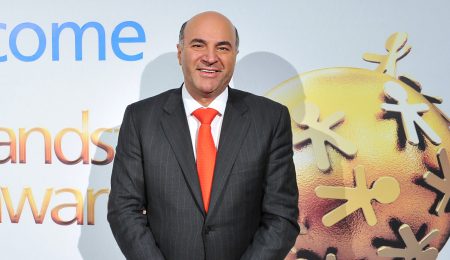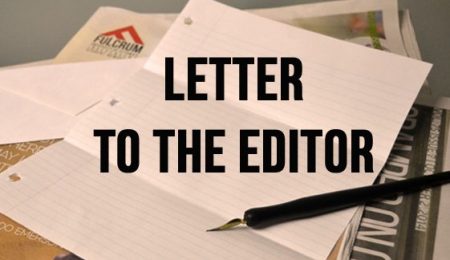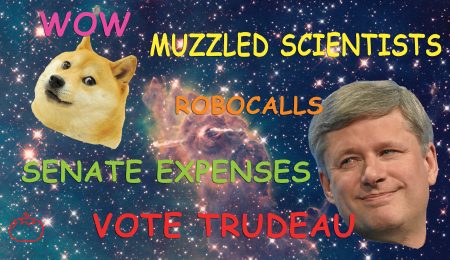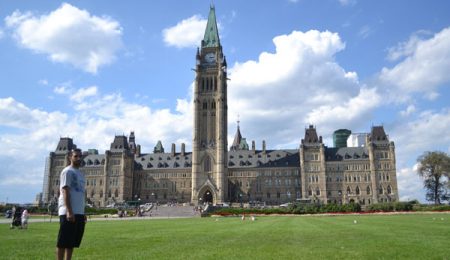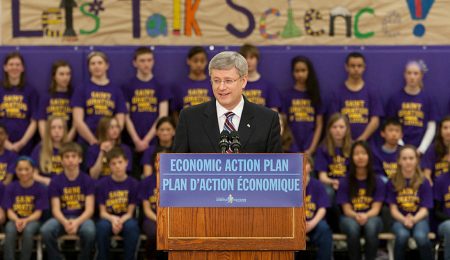Although celebrities have full right to a political opinion and a political voice as citizens, the size of the platform available to them has high potential for abuse.
Conservative government
Apart from the general conservative cold-war platitudes and red-baiting used by Mr. Mattinson as arguments to denounce socialism, all the while holding up Canada as a “free” country of “hope and opportunity,” he conveniently omits many issues that one would expect such a strong advocate of human rights would consider.
Since its original publication on Monday, Harper’s blog post—titled “Doge, cats, and liberal bias: mass hysteria”—went viral and caught the attention of top players in the Tory leadership race.
Throughout this current election, a number of politicians have jumped on board the electoral reform bandwagon, with a number of mainstream political parties promising this kind of change in their electoral platforms. But what is it about our current system that has three opposition parties calling foul?
For the last five years Budlakoti has been fighting to regain his Canadian citizenship, something that the government stripped away from him in 2010. To make matters worse, he is also at risk of being deported to India, despite the fact that he’s never been to India and their government doesn’t recognize him as a citizen either.
A 2013 survey by the Professional Institute of the Public Service of Canada found that 48 per cent of government scientists have seen information withheld, causing the public to be misinformed; 86 per cent said they could not report actions that might harm the public without fear of censure; and 50 per cent said that public health or safety has been compromised by political interference in science.

